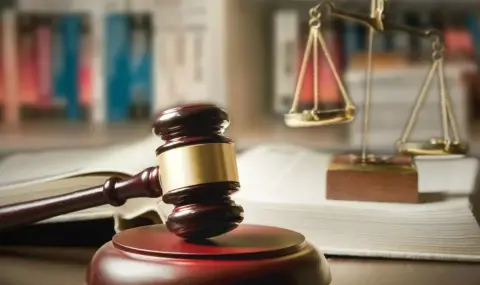Business in Bulgaria categorically states which are the two sources of pressure on the judges. If they were able to indicate several answers, they put "economic and other interests" in the first place. - for 62% this is the main reason, and another 21% tend to agree with this statement. But quite close (57%) is the share of those convinced that it is the authorities and politicians. Another 22% said that the actions of the government and politicians in general affected their assessment of the justice system.
Only in Portugal to a greater extent (but the difference is only one percentage point) do entrepreneurs say that their negative assessment is because the public status of judges is too low to guarantee their independent work. In Bulgaria, 42% answered categorically (an increase of 6 points per year) and another 25% said that this was somewhat of a reason.
When asked how they assess the protection of their investments, 18% answered that they very much doubt that they are protected by the law and the courts. Another 37% are somewhat doubtful, which means that more than half of the entrepreneurs are not convinced that the court in Bulgaria is the place that protects their money, properties and assets.
The data show that the assessment has visibly worsened over the course of a year (while the average score for the EU shows no change) and today Bulgaria has the largest share in the EU of respondents with "very bad" judicial system.
"Unpredictable, non-transparent administrative behavior and difficulties in challenging administrative decisions in court" is the most cited reason for companies' concern about the effectiveness of investment protection in Bulgaria, Croatia, Denmark, France, Hungary, Ireland, Italy and Poland.
In five countries, more than half of companies say interference or pressure from economic or other special interests "a lot" explains their assessment of the degree of independence of the judicial system in their country. This applies to Portugal (67%), Bulgaria (62%), Cyprus (56%), Slovakia (56%) and Lithuania (53%).
